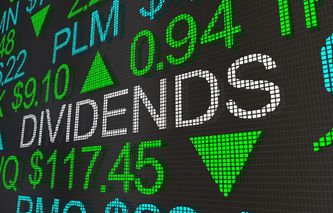Definition
The term pension plan assets refers to the funds a company will use to meet its future compensation obligations to retired employees. Pension plan assets consist of cash as well as investments such as capital stock, bonds, and annuities.
Calculation
Annually, companies will compare their yearend pension plan assets to their liabilities. The starting and ending balance of their pension plan assets are calculated as shown below:
Pension Assets, Start of Period
- Payments Made to Retirees + Contributions by Employer + Or - Actual Earnings on Plan Assets
= Pension Assets, End of Period
Explanation
Companies will provide employees with a pension plan as part of a larger array of employment benefits. Pension plans are structured by companies to provide a periodic and reliable source of income when the employee reaches the plan's normal retirement age.
The FASB Statement of Financial Accounting Standards No. 87 requires firms to measure and disclose pension obligations as well as the performance and financial condition of their plans at the end of each accounting period. The assets in a pension fund is an important value to understand since it is compared to the pension benefit obligation (PBO) to determine if a company's plan is over or under funded.
Three variables explain the difference between the plan's assets starting and ending balance:
Payments Made to Retirees: includes the total of all retirement benefit payments made to former employees in the current period.
Contributions by Employer: funding provided by employers is based on a number of variables, including service and interest costs, prior service costs, as well as the expected return on the plan's assets. The contributions by an employer would be equal to their pension expense in the current period.
Actual Earnings on Plan Assets: at the start of the period, the company would have estimated the return on the plan's assets, and this variable would serve to reduce the company's contributions. At the end of the period, the actual earnings are reconciled with the estimated return.
Note: SFAS No. 87 also requires companies to report assets in terms of their current market value. This means actual earnings on plan assets will include both realized as well as unrealized gains and losses on investments.
The assets held in a pension fund are held by a trustee, who is responsible for receiving and investing employer contributions, paying benefits to retirees or their beneficiaries, and collecting earnings on the plan's assets. The trustee can be a bank, trust company, or even an individual.
.jpg)


